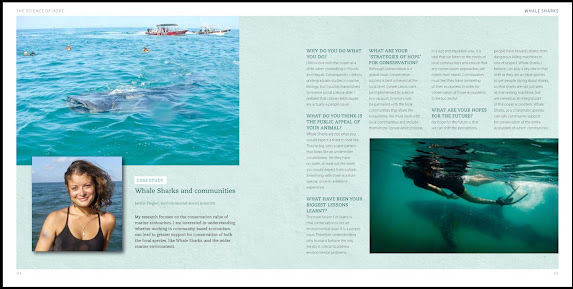With the current state of things in the world, from the Pandemic to extreme weather conditions and it makes it difficult for the world to remain unaffected by them and the effect on our mental health and everyday lifes. I think the real effect is felt by our planet is the habitats and creatures that depend on the perfect temperatures, certain foods or just being left undisturbed in the far courners of the world where now humanty in encroching even further into these once protected wildlife forests and our last surviving edens. It may seem hopeless for our planets wildlife as even I was once an optimist but after seeing so much destruction even on my local patch from Nature abundant wasteland being turned into unneeded warehouse space where there are already empty unused warehouses. I find its always Nature that pays the price to see areas normally packed with wild flowers, Butterflys and grass hoppers where many species fed and kept hidden safe from man now under concrete and car parks. I feel like the green spaces we all need and our world needs are decreasing at a rapid rate most days I ask myself if I am still hopeful for the future of the creatures and habitats I love so much and my answer back is regretfully no.
Seeing the destruction and bleak stories on social media have me really doubting change so after being asked to review a book about the Science of Hope exploring some of some of our worlds most threatened wildlife and the ways in which people are dedicating there lives to help protect and increase populations of many species from retsoring habitats to breeding programs and most important of all educating local people that have the power to change there part of the world for the good of the planet.
After reading The Science of Hope by Dr. Wiebke Finkler and Scott Davis I found it had restored some hope for the future of some of our planets most amazing creatures in really unique beautiful locations that some us will ever get to see but hopefully thanks to the effort of hard working caring locals and conservationists from around the world it may be easier through ecotourism. The subject is an interesting topic discussed in the book and is a great way to help protect and promote these creatures around the world plus make an income and allow people to see, care and connect with the Nature that could be lost within a few years if we don't try. I took away from the book that its 50/50 50% Science and 50% hope as without hope and hard work then the results will be for nothing and will fail so maybe its more hope and a little bit of science that will be the difference between losing the Graceful Whales that keep our seas alive and healthy or our closest living relative the apes that have lost so much of there jungle homes.
After reading this wonderful book I ask myself again can we make a difference enough to protect and conserve our worlds creatures but my answer is still up in the air. One thing I am sure of is that I am more hopeful after reading The Science of Hope and seeing the stunning Nature photography inspires and blended with the conservation efforts mentioned shows that there is a chance and if we give the world and its creatures that then there will always be a tiny shining light in the dark we call hope backed up with the power of Science.
Thanks for reading
Mike




No comments:
Post a Comment